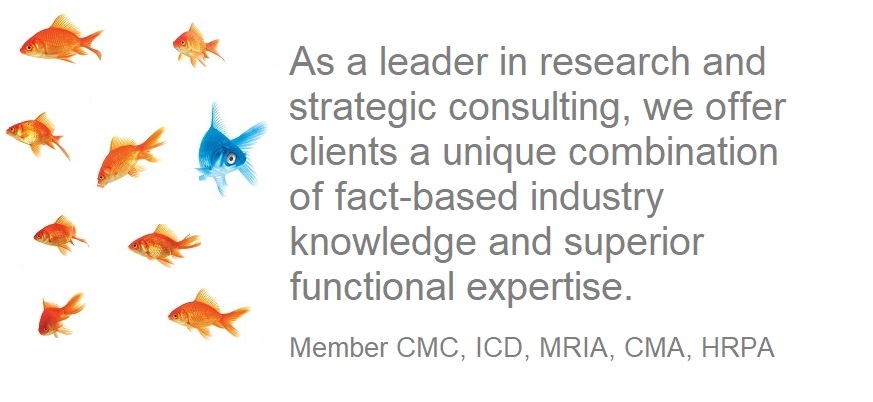
Developing a Strategy for Execution as a concept focuses on the importance of strategy execution for businesses, according to a new study from Arcus leadership series. Here’s a summary of the key points:
Execution Gap:
The study highlights the execution gap as a prevalent issue in businesses. Many companies struggle to bridge the gap between strategy formulation and actual implementation. This gap often leads to underperformance and missed opportunities.
Root Causes:
There are several root causes behind the execution gap. These include complexity within organizations, lack of alignment among employees, and insufficient resources allocated to execution efforts. Additionally, he mentions the impact of external factors such as market dynamics and competition.
Common Missteps:
Some common missteps that hinder strategy execution include failing to prioritize initiatives, spreading resources too thin, and neglecting to adapt to changing circumstances. He emphasizes the importance of focusing on a few critical initiatives to drive meaningful results.
Strategic Principles:
Strategic principles that can guide effective execution include simplicity, alignment, and focusing on the frontline. Simplifying the strategy helps in communicating it effectively throughout the organization, while alignment ensures that everyone is working towards common goals. Focusing on the frontline involves empowering employees closest to customers to make decisions and drive performance.
Case Studies:
Some case studies of companies that have successfully executed their strategies include how these companies achieved alignment across various levels of the organization, empowered frontline employees, and maintained a relentless focus on executing their chosen initiatives.
Continuous Adaptation:
The need for continuous adaptation in strategy execution means that businesses should regularly review their strategies and make adjustments based on feedback and changing market conditions. This adaptive approach enables companies to stay agile and responsive to emerging challenges and opportunities.
Leadership’s Role:
The crucial role of leadership in driving effective strategy execution means that leaders must provide clear direction, align resources with strategic priorities, and foster a culture of accountability and continuous improvement.
Conclusion:
In conclusion, the report reiterates the significance of strategy execution for business success. It encourages organizations to address the execution gap by implementing strategic principles, focusing on a few critical initiatives, and fostering a culture of adaptability and accountability. Overall, the report provides valuable insights into the challenges of strategy execution and offers practical advice for businesses seeking to improve their execution capabilities.
Contact Arcus for a presentation of a repository of best practices on strategy planning.
Services

Arcus offers clients a unique combination of fact-based industry knowledge and superior functional expertise. Our consultants have an average of over 22 years experience, twice the industry average. Find out more about our growth, change management and operations services.
At Arcus we believe that a strategy is only as good as the results it delivers. Strategic outcomes are most predictable and effective when companies develop a portfolio of initiatives that are aligned with core competencies and aligned activities enable the company to offer a superior value proposition.
Please contact Arcus for case studies and to discuss how we can help you.
Service coverage
The variety, breadth, and depth of the projects where Arcus can be a resource are made unique by each client’s specific needs. By providing a very small sample of projects we’ve completed, we can help you understand how and when to use our services. Visit the links below to find out more about a specific problem or opportunity you would like to address.
Below is a sample of the range of services that Arcus has provided to clients.
- A survey of 2,350 consumers and 1,320 business leaders for feedback on sustainability trends
- Architecting a multi-year change strategy for a Fortune 500 company
- Mentoring a CEO on organizational change
- Excellence transformation of a leading B2B services company
- Creating a new sales deployment model for a healthcare company
- Developing a position evaluation and compensation model for a professional medical association
- Improving services to customer segments by deepening their understanding of customer attitudes
